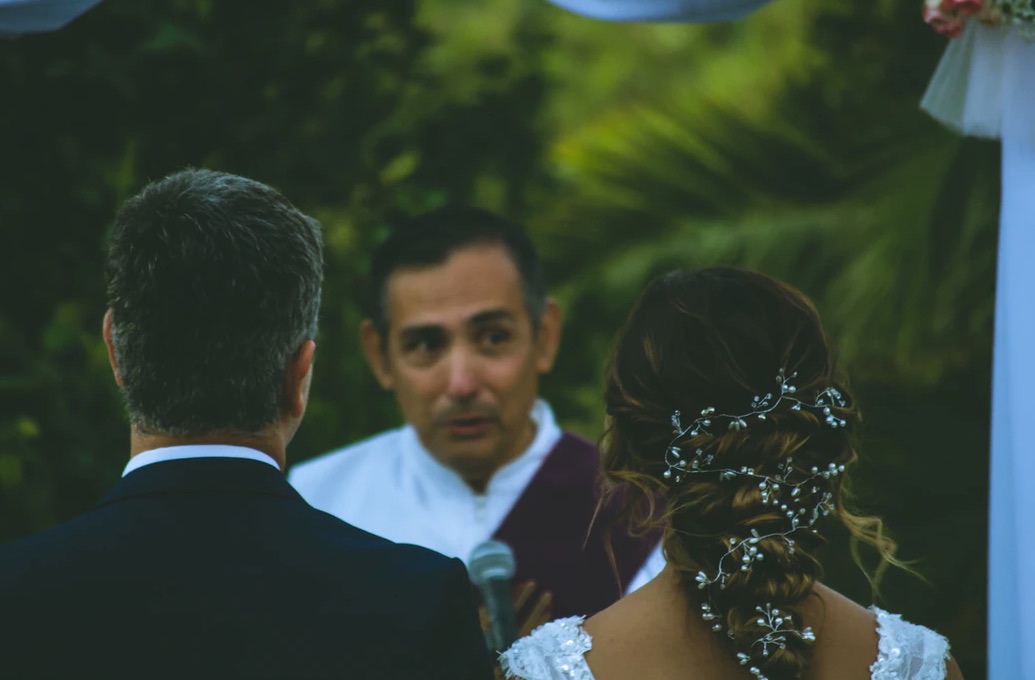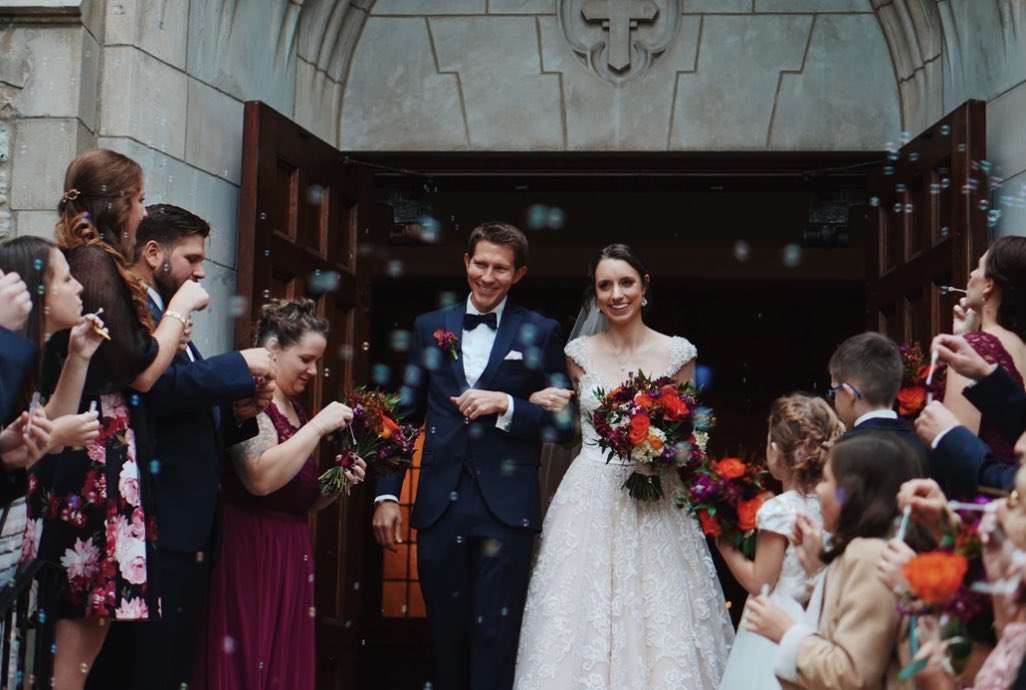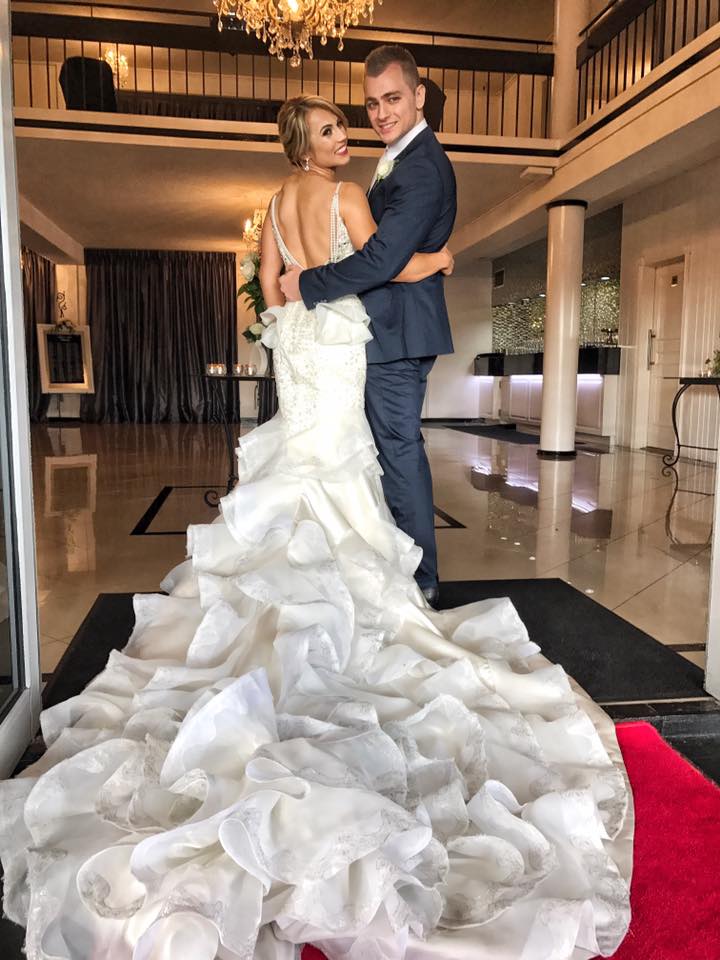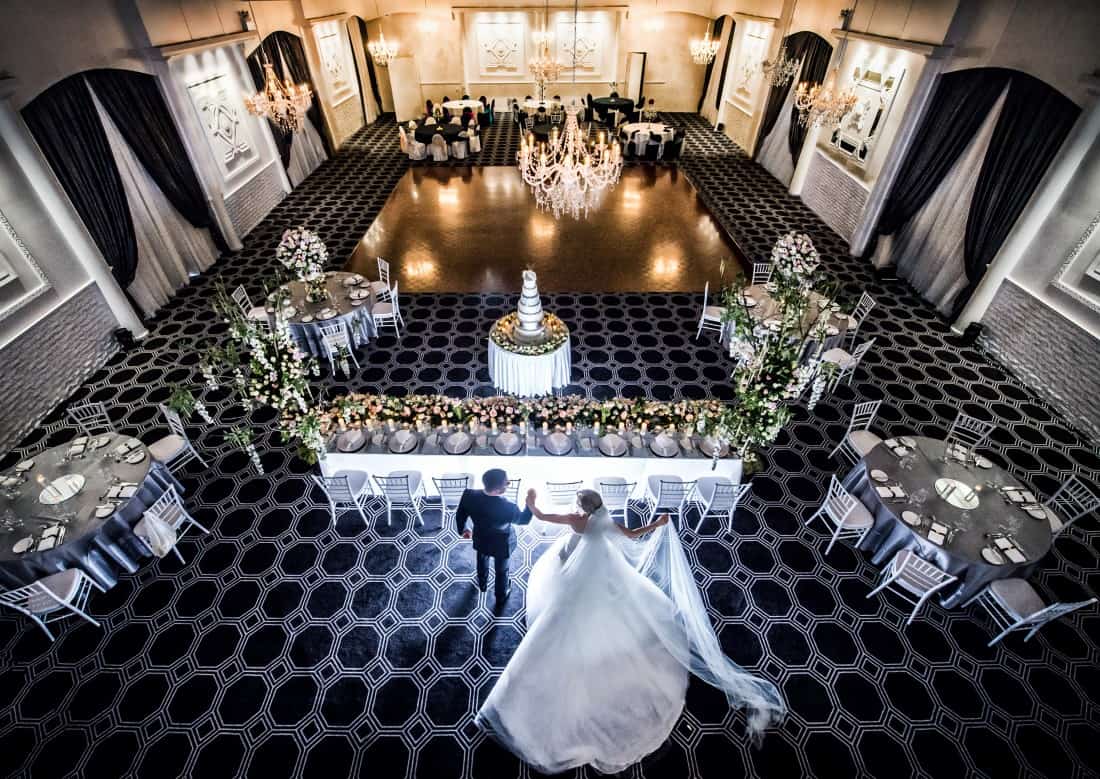When you get engaged, the journey to becoming a married couple begins. It’s easy to get caught up in the excitement of planning every detail, from the venue to the attire. However, understanding and completing the legal requirements is important to ensure your wedding is recognised under Australian law. Whether you’re planning a religious or civil ceremony, knowing the necessary steps is essential.
Let’s Get Straight to the Point
Getting married in Australia is straightforward, with no need for citizenship or residency. Both partners must be at least 18, or 16-18, with parental consent and a court order. You must submit a Notice of Intended Marriage (NOIM) at least one month before the wedding. Legal documentation like a birth certificate and ID are required, and same-sex marriage is fully recognised.
The process is the same for all couples, with the flexibility to have a simple or elaborate ceremony. Australia is a popular wedding destination due to its inclusive laws, affordable travel, and strong currency exchange rates, particularly attracting international same-sex couples. After the wedding, the celebrant lodges the marriage with the government.
Legal Age And Residency Requirements
In Australia, both partners must be of legal age to enter into marriage, which is 18. Marriage between 16 and 18 is allowed but requires parental consent and a court order. It’s important to note that you don’t need to be an Australian citizen or permanent resident to get married in Australia. This makes it an attractive destination for international couples, particularly those from countries where marriage equality is not recognised.
Preparing For Your Marriage
Before getting married, you’ll need to complete several steps:
- Submit a Notice of Intended Marriage (NOIM):
- Please complete the NOIM form and submit it to an authorised marriage celebrant no later than 18 months before the wedding. The form must be submitted at least one month before the wedding date.
- Consult with a Marriage Celebrant:
- If you need help filling out the NOIM or have any questions, consult with a legal marriage celebrant. If you live outside Australia, you can still complete the NOIM and submit it upon arrival.
- Provide Required Documentation:
- You must provide proof of birth (e.g., birth certificate or passport) and identity (e.g., driver’s license or passport). If either party has been married before, evidence of the dissolution of that marriage (e.g., divorce papers or death certificate) must be presented.
- Consider Expedited Marriage:
- If your wedding is less than a month away, you can obtain a short-notice wedding license, which requires approval from a designated authority. Common reasons for expedited marriages include professional obligations, medical reasons, or legal proceedings.
Legal Requirements For Marriage In Australia
To legally marry in Australia, certain conditions must be met:
- Legal Age: Both parties must be at least 18 years old. Marriage for those between 16 and 18 years of age requires a court order and parental consent.
- Single Status: Neither party should be married to someone else at the time of the wedding.
- Prohibited Relationships: Marriage between close relatives, such as siblings, parents, or grandparents, is prohibited.
- Informed Consent: Both parties must fully understand the significance of marriage and enter into it voluntarily, without coercion.
- Marriage Ceremony: The ceremony must include specific wording outlined in the Marriage Act of 1961, which the celebrant will guide you through.
Documentation Required For Marriage
When getting married in Australia, you’ll need to present the following documents:
- Birth Certificate or Passport: Original or certified copies are required.
- Proof of Identity: A driver’s license or passport is sufficient.
- Proof of Dissolution of Previous Marriages: Provide a divorce decree or death certificate if applicable.
- NOIM Form: Submit the Notice of Intended Marriage form as mentioned earlier.
- Statutory Declaration: In some cases, a statutory declaration may be required to confirm your marriage eligibility.
On The Day Of Your Wedding
On your wedding day, several key legal steps must be completed:
- Declaration of No Legal Impediment: Before the ceremony, both parties must sign a declaration stating that there is no legal reason they cannot marry.
- Marriage Certificates: You and your spouse, two witnesses, and the celebrant will sign three marriage certificates. One copy will be given to you as a keepsake.
- Lodgement of Marriage: The celebrant will submit the necessary documents to the local registrar of births, deaths, and marriages within 14 days of the ceremony.
Same-Sex Marriage In Australia
Australia is known for its inclusive marriage laws, which allow same-sex couples to marry without the need for lengthy or expensive procedures. The process is straightforward, and couples can choose to have a simple ceremony with just the celebrant and two witnesses or a more elaborate celebration if they wish.
Legal Framework
Under Australian law, marriage is “the union of two persons to the exclusion of all others, voluntarily entered into for life.” This inclusive definition ensures that same-sex couples have the same legal rights and recognition as heterosexual couples when it comes to marriage. The legal process and requirements for same-sex marriages are identical to those for opposite-sex marriages, meaning there are no additional hurdles or discriminatory practices that same-sex couples must face.
Flexibility And Personalisation
Australia’s marriage laws provide flexibility, allowing same-sex couples to tailor their wedding day to suit their preferences and circumstances. Couples may opt for a private, intimate ceremony with just the celebrant and two witnesses, or they can plan a grand celebration with family and friends. This flexibility ensures that every couple can have a wedding that feels true to their relationship, whether a small gathering or a large event.
International Recognition
For international same-sex couples, Australia’s inclusive marriage laws offer an opportunity to marry legally, even if their home country does not recognise same-sex marriage. However, these couples need to understand the legal implications once they return to their home countries, as not all nations recognise same-sex marriages performed abroad. Couples are advised to consult with legal experts or their country’s embassy to understand how their Australian marriage will be viewed under their home country’s laws.
Legal Protections And Rights
Marriage in Australia provides same-sex couples with the same legal rights and protections as opposite-sex couples. This includes rights related to property, inheritance, taxation, superannuation, and decision-making in medical emergencies. Additionally, same-sex married couples are recognised as such in legal contexts involving family law, including adoption and parenting rights.
Impact On The LGBTQIA+ Community
The legalisation of same-sex marriage in Australia has had a profound impact on the LGBTQIA+ community, offering a sense of equality, dignity, and validation. It has strengthened the recognition of same-sex relationships in all aspects of life, contributing to greater social acceptance and reducing discrimination. The ability to marry has also allowed many same-sex couples to feel more secure in their legal and social status, providing them with the same opportunities to celebrate their love and commitment as any other couple.
Why Australia Is A Popular Wedding Destination?
Australia’s progressive marriage laws have made it a popular choice for many international same-sex couples. Couples from countries like the Philippines, Indonesia, India, Pakistan, Singapore, Malaysia, China, and Hong Kong choose Australia to tie the knot for several reasons:
- Affordable Travel: Flights to Australia are relatively inexpensive compared to other countries.
- Marriage Equality: Australia’s laws support marriage equality, providing legal recognition for same-sex marriages.
- Strong Exchange Rates: Favorable currency exchange rates make it more affordable for international couples.
- Vacation Opportunities: Many couples combine their wedding with a honeymoon, enjoying Australia’s diverse landscapes and attractions.
If you’re from outside Australia, it’s important to check if your country requires its embassy’s approval before marrying in Australia. This is especially relevant for non-Australian nationals who plan to return to their home countries after the wedding.
Important Notes To Remember
- Same-Sex Marriage: Same-sex marriage is legal and recognised throughout Australia.
- Legal and Religious Marriages: Both civil and religious ceremonies are recognised under Australian law.
- No Residency Requirement: You don’t need to be an Australian citizen or resident to marry in Australia.
- Marriage Certificates: Three marriage certificates are signed on the wedding day, and one is given to you as a souvenir.
- Government Lodgement: The celebrant will lodge your marriage documents with the government registrar within 14 day
Australia’s welcoming stance on marriage equality and straightforward legal process make it an attractive destination for couples worldwide. Whether you are an Australian resident or an international couple, understanding and following the legal requirements ensures your marriage is recognised and celebrated. By adhering to the steps outlined above, you can focus on enjoying your special day, knowing that all legalities are handled.




